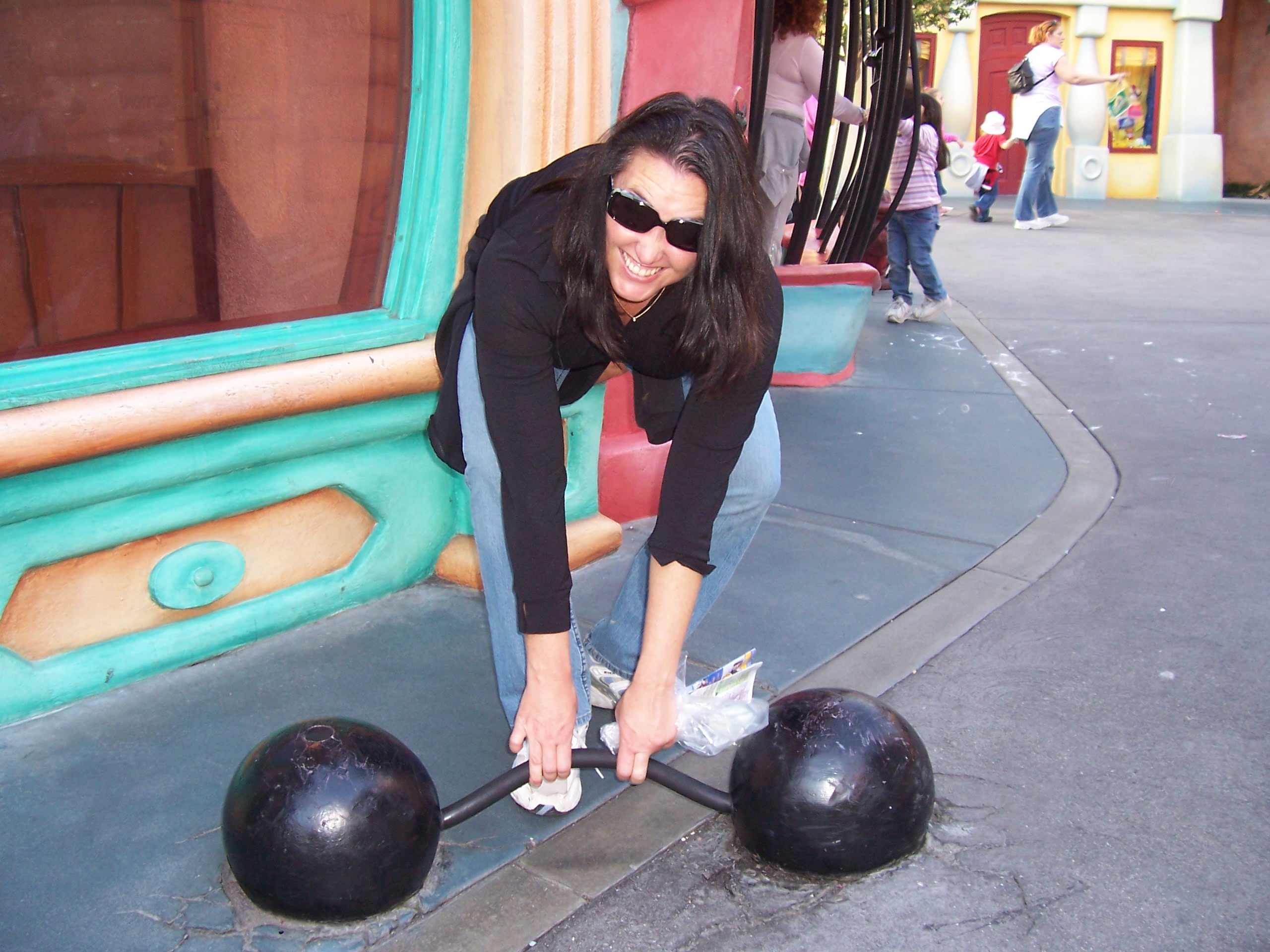
Painting,
You or the Professional?

A
series on interior and exterior painting by B&K Painting
Part
1
The
simple truth about painting is that some jobs, big or small, are
better left to a professional.
Some painting jobs may require specialized equipments
that is expensive to buy, impossible to rent, or dangerous to an
inexperienced operator. Some
chemicals or solvents may be dangerous or cause serious
reactions. And finally, it may simply be cheaper to have a
professional do the job. An
estimation of the costs and time involved, factored in with what
you feel your time is worth, will let you compare your cost to
the estimate of a professional.
Itís fairly easy to estimate the monetary
costs involved in painting.
First, start with a list of all the equipment you will
need for the job. This
may include putty and knives, caulking and caulking guns,
sandpaper, masking tape and plastic, drop cloths, brushes,
rollers, spray equipment, ladders, scrapers and wire brushes,
respirators, and gloves in addition to paint.
A trip to a local Sherwin Williams store
will help you determine prices for the materials you need to
buy. Sherwin Williams paints typically list coverage rates and
specifications on the label.
To figure out how much paint to buy, measure the surface
area (length x width) you need to paint and multiply it by the
number of coats you want.

Trade Secret
All Masking Tapes
Are Not Equal
Have you ever noticed that if you leave
regular tan masking tape on something too long, it is almost
impossible to remove, tearing and leaving adhesive residue
behind? And
besides, it often makes a ragged line with some coatings instead
of a crisp clean line. Thatís
not your fault. You
are simply choosing the wrong tape.
There are several specialty tapes that work better.
One company, 3M, color-coded their
specialty tapes making the differences easier to see.
Their blue ling Mask tape is designed to remain on for a
week and still come off clean, with no residue.
For a clean, masked line when painting, use 3Mís bright
green Lacquer Tape.

Take Your Pick
Good Brushes vs.
Cheap Varieties
There is no reason why you canít use
cheap throwaway or foam brushes for jobs where the quality of
the surface does not matter.
Putting on stain that will be wiped off is a good
example. Those
foam-on-a-stick brushes are great for putting down the first
coat of primer or oil varnish.
For anything that requires a smooth layout with no brush
marks and no hairs in the finish, good brushes are an important
investment. Youíll
appreciate the difference. Our favorite multipurpose brush is
the Sherwin Williams Contractor Series 2 Ĺ inch angled sash
brush.
Article provided by B&K Painting.
Stay tuned for our next part of the series.
For free estimates and a 10% senior discount, call Chris
at 861-7327 or visit our website at www.bnkpainting.com

